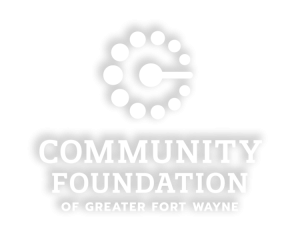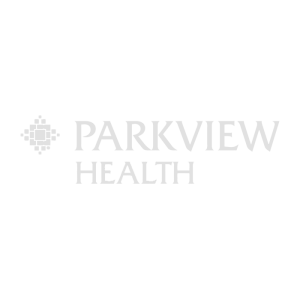RSV Quick Facts
- 2 out of 3 babies will get RSV by age 1
- Babies are 16x more likely to be hospitalized with RSV lung infection than with the flu
- RSV is the leading cause of hospitalization in babies under age 1
- RSV can go from cold-like symptoms to hospitalization in less than a week
Click here to schedule an RSV vaccine at our Fort Wayne or Grabill clinics.
RSV Overview
Respiratory syncytial virus, or RSV, is a common respiratory virus that infects the nose, throat, and lungs. RSV symptoms make it difficult to distinguish it from the common cold or other respiratory viruses (like the flu or COVID-19). RSV spreads in the fall and winter along with other respiratory viruses. It usually peaks in December and January.
Hospitalization from RSV
RSV is the leading cause of hospitalization in babies under age 1. On average, babies hospitalized with RSV stay for 3-4 days in hospital. When a baby is in the hospital with RSV they may need medical interventions like oxygen support, IV (intravenous) fluids and machines to help them breathe. Over 75% of babies hospitalized with RSV are healthy and have no other health problems or pre-existing conditions.
RSV Symptoms
People infected with RSV usually show symptoms within 4 to 6 days after getting infected. These symptoms usually appear in stages and not all at once:
- Runny nose
- Congestion
- Decrease in appetite
- Coughing
- Sneezing
- Fever
- Wheezing
In very young infants with RSV, their only symptoms may be irritability, decreased activity, and breathing difficulties.
How RSV Spreads
RSV spreads when a person who has RSV coughs or sneezes, producing droplets. When your baby is around someone with RSV, or touches something that has the virus droplets on it, these droplets can get into their eyes, nose, or mouth. Your baby can catch RSV from family members or siblings who got the virus at places like school or daycare.
RSV Vaccines and Immunizations
For almost 60 years, scientists have been trying to develop prevention for RSV disease. This RSV season marks the first time that vaccines and immunizations are widely available for both babies and pregnant mothers.
Maternal Vaccine: Abrysvo
Pfizer’s Abrysvo is given between weeks 32 through 36 of pregnancy. During pregnancy, your body naturally passes on antibodies that help protect your baby against bacteria and viruses in the first few months of life, before they’re old enough to develop their own protection. Pfizer’s Abrysvo helps your body create RSV antibodies that are passed to your unborn baby to help protect them from birth through their first 6 months of life.
Infant Immunization: Beyfortus
Beyfortus is a preventative antibody that gives babies the protection against RSV they lack. Antibodies are made naturally by our immune system to fight viruses. But a baby’s immune system might not be strong enough by itself to make enough antibodies to fight RSV. This is where preventative antibodies can add more protection.
If your baby is born during RSV season (fall through spring):
- Beyfortus should be given at birth.
- If not given in the hospital, they should receive it at their first doctor’s visit
If your baby is born in the spring or summer:
- Your baby can get Beyfortus at a regular checkup, typically just before RSV season.
- They can get their injection at the same time as other routine childhood vaccines.






